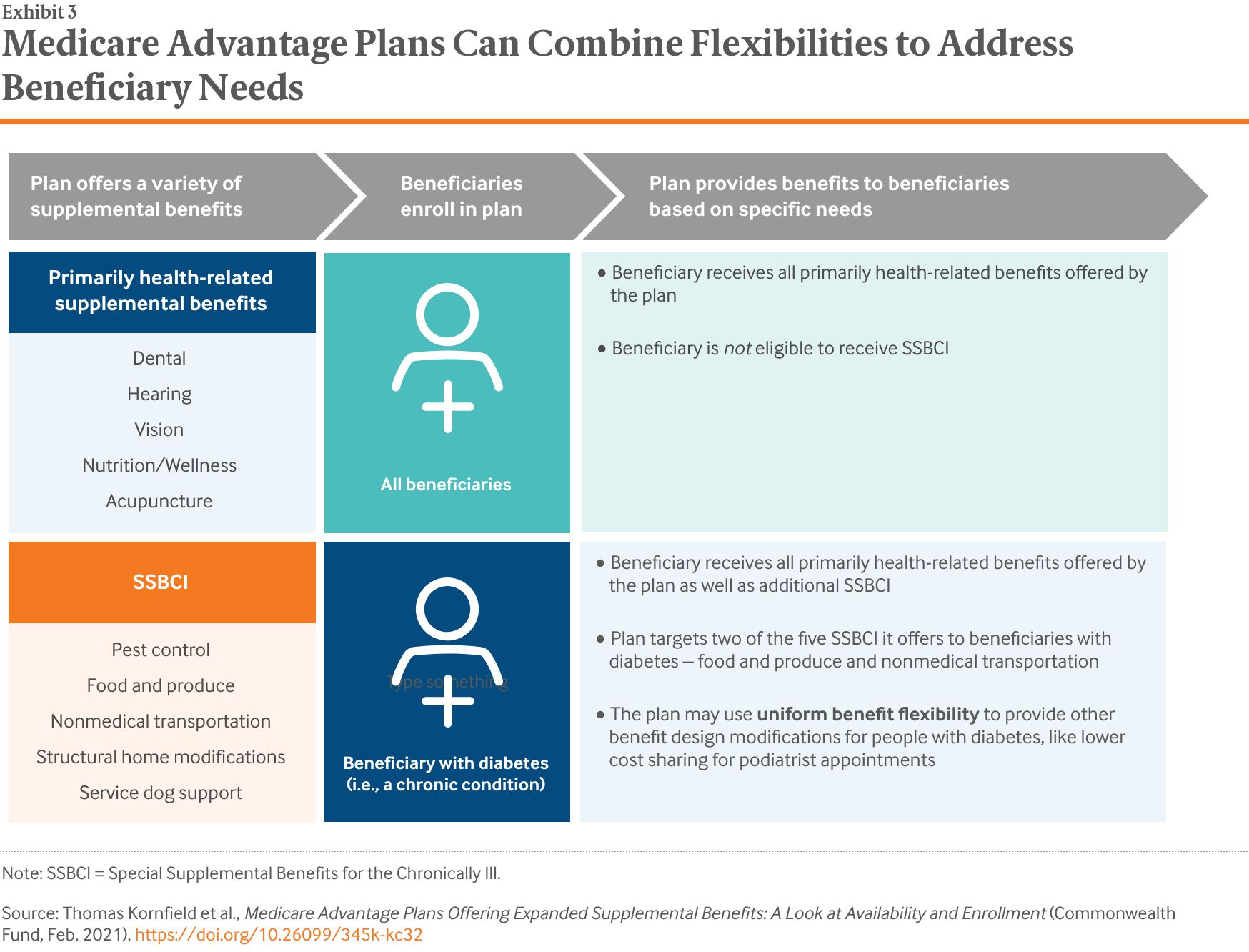Entire life and universal life insurance are both thought about permanent policies. That indicates they're created to last your whole life and will not end after a specific amount of time as long as required premiums are paid. They both have the prospective to accumulate money value over time that you may be able to obtain versus tax-free, for any reason. Since of this function, premiums might be greater than term insurance. Whole life insurance coverage policies have a fixed premium, meaning you pay the exact same amount each and every year for your coverage. Just like universal life insurance, whole life has the potential to build up money value in time, producing a quantity that you may have the ability to borrow versus.
Depending on your policy's possible money value, it may be used to skip a premium payment, or be left alone with the potential to build up value with time. Prospective growth in a universal life policy will differ based upon the specifics of your private policy, as well as other factors. When you buy a policy, the issuing insurer develops a minimum interest crediting rate as outlined in your agreement. However, if the insurance provider's portfolio makes more than the minimum rate of interest, the company might credit the excess interest to your policy. This is why universal life policies have the prospective to make more than an entire life policy some years, while in others they can make less.
Here's how: Since there is a cash worth component, you might have the ability to avoid premium payments as long as the cash value suffices to cover your required expenditures for that month Some policies may permit you to increase or decrease the survivor benefit to match your specific circumstances ** Oftentimes you may obtain versus the money value that may have collected in the policy The interest that you may have earned gradually collects tax-deferred Whole life policies provide you a fixed level premium that will not increase, the possible to build up money value with time, and a fixed death advantage for the life of the policy.

As an outcome, universal life insurance coverage premiums are usually lower throughout durations of high rates of interest than entire life insurance coverage premiums, typically for the same quantity of protection. Another key difference would be how the interest is paid. While the interest paid on universal life insurance coverage is frequently changed monthly, interest on a whole life insurance policy is normally changed yearly. This could suggest that during durations of rising interest rates, universal life insurance policy holders might see their money values increase at a fast rate compared to those in whole life insurance coverage policies. Some people might prefer the set death benefit, level premiums, and the capacity for development of a whole life policy.
Although whole and universal life policies have their own special features and benefits, they both concentrate on supplying your loved ones with the cash they'll require when you pass away. By working with a certified life insurance representative or company agent, you'll have the ability to choose the policy that finest fulfills your individual needs, budget plan, and monetary objectives. You can also get atotally free online term life quote now. * Offered necessary premium payments are prompt made. ** Boosts might be subject to additional underwriting. WEB.1468 (What is gap insurance). 05.15.

What Does How To Sell Insurance Mean?
You do not need to think if you need to enlist in a universal life policy since here you can discover all about universal life insurance coverage pros and cons. It's like getting a preview before you purchase so you can decide if it's the best type of life insurance for you. Continue reading to find out the ups and downs of how universal life premium payments, money worth, and death benefit works. Universal life is an adjustable type of irreversible life insurance that permits you to make changes to two primary parts of the policy: the premium and the survivor benefit, which in turn impacts the policy's cash value.
Below are some of the general pros and cons of universal life insurance. Pros Cons Developed to use more flexibility than entire life Does not have the guaranteed level premium that's readily available with whole life Money worth grows at a variable rate of interest, which could yield greater returns Variable rates likewise indicate that the interest on the money worth could be low More chance to increase the policy's cash value A policy normally requires to have a positive money value to remain active One of the most attractive features of universal life insurance coverage is the ability to choose when and how much premium you pay, as long as payments fulfill the minimum amount required to keep the policy active and the IRS life insurance guidelines on the maximum quantity of excess premium payments you can make (How much car insurance do i need).
However with this flexibility likewise comes some downsides. Let's discuss universal life insurance advantages and disadvantages when it comes to changing how you pay premiums. Unlike other types of irreversible life policies, universal life can adjust to fit your monetary needs when your cash flow is up or when your spending plan is tight. You can: Pay higher premiums more often than needed Pay less premiums less frequently or even skip payments Pay premiums out-of-pocket or utilize the cash value to pay premiums Paying the minimum premium, less than the target premium, or avoiding payments will negatively affect the policy's cash worth.